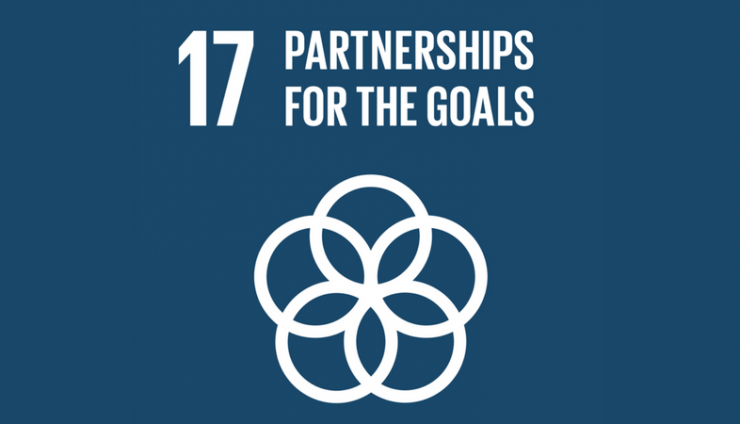With the Dubai Precious Metals Conference, OECD Forum in Paris and Dubai Global Tea Forum all only a matter of days away now, the concept of responsible sourcing is firmly front of mind.
As awareness of sustainability increases, the business world is having to face up to the challenge of delivering commercial growth, whilst driving positive change in supply chains by means of greater accountability and transparency.
Responsible sourcing is just one element of the broader sustainability agenda. In order to meet the demands this brings, companies need to be agile, responsive, flexible, and efficient.
Simply put, operating in silos backed by rigid organisational structure is not fit for purpose. It is an obsolete approach to business and one that has no place in the modern economy.
More so than ever before, forging partnerships is critical. Cue, the Sustainable Development Goals (SDGs).
A global responsibility, the task for us all is to translate the SDGs into workable business models regardless of our industry.
Granted, this is a tall order but we must tackle this challenge head-on should we wish to meet our collective ambition to create a fairer, greener and more prosperous world, a world that leaves no one behind.
Responsible sourcing poses challenges of course, but there are also significantly associated opportunities.
With this in mind, I’ve articulated some of the most important sustainability elements to consider as we look to the future and collaborating in the ethical sourcing space.
Let me know what you think, would love to hear your thoughts!
1. Transparency
Today’s consumers lean on technology to show them what is really happening. Research shows the being aware of how products are sourced, produced and brought to market is a concern.
As a result, many companies are turning to certified sourcing programmes as one of the key tools to achieve their sustainability goals – and to help them demonstrate independently verified results.
Several large companies are sourcing 100% certified commodities already. This trend will only accelerate.
The International Trade Centre, a joint venture between the World Trade Organization (WTO) and the United Nations (UN), reports in its 2017 State of Sustainable Markets research that:
“Sustainable agricultural products, demonstrably compliant with internationally recognized standards, are growing at a pace that outstrips markets for conventional products.”
The Precious Metals Industry has an enormous opportunity to lead here.
2. Digitalisation
We must embrace the power of data and technology for more transparent supply chains. Data is providing big opportunities for innovation. Sustainability programmes will have to master data management. Data is the key tool to drive interventions for positive change.
Furthermore, technology can be used effectively for training and raising awareness. Supply chain analytics will allow businesses to create useful key performance indicators and incubate innovative ideas to successfully manage service levels.
3. Reporting
We will see more pressure on companies to report and to improve the depth and quality of reporting. Businesses that capture and analyse data will continue to improve efficiency.
Companies that take advantage of collaborative solutions to process and analyse this data will reap the benefits of cost reduction, capacity control and risk management.
4. Climate Change
With increasingly erratic weather across the globe and the effects of climate change being felt, the supply chain will only experience more disruptions.
Proactively assessing the risk of disruption and developing a sustainability strategy long term in partnership with all key stakeholders is crucial to be future proof.
